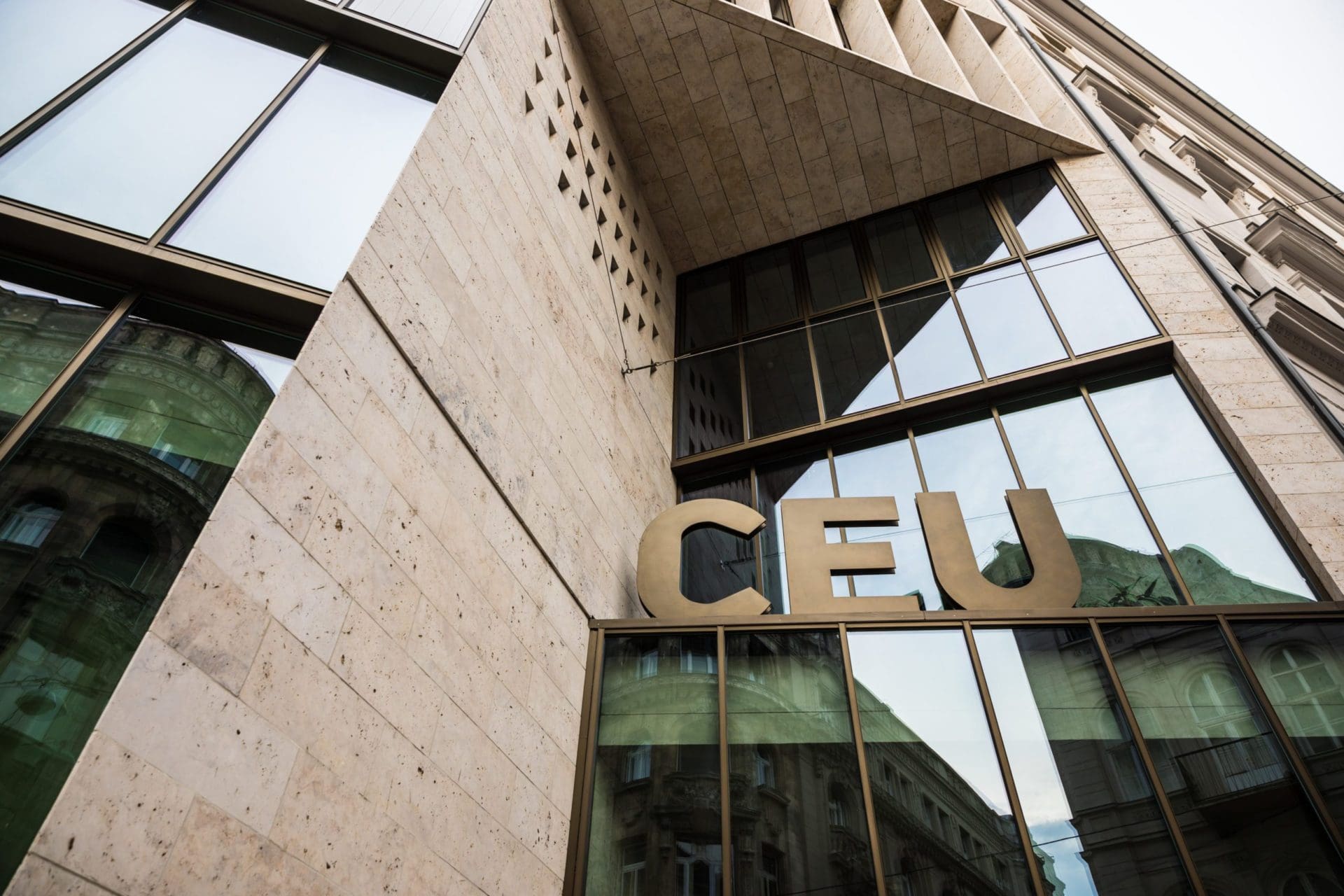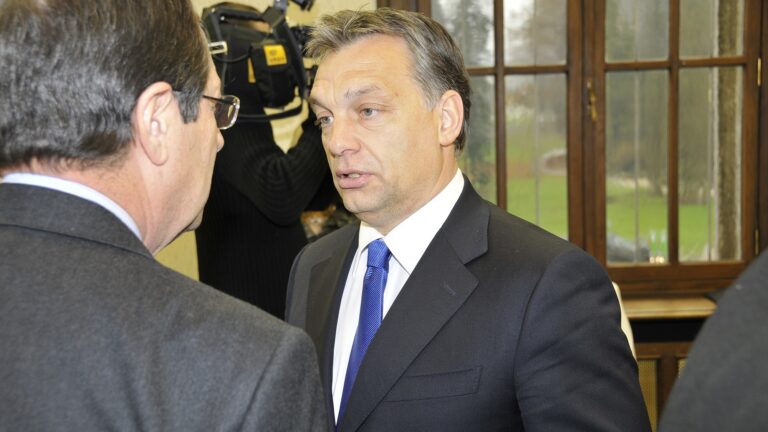Politics in the twenty-first century is not the game we have used to play in the old times with established, clear-cut parties, honourable and well-known career-politicians, and straightforward manifestos battling each other on the podiums for all to see in an accountable and civic manner. Perhaps, I admit, this overly romanticized vision was never actually the case—as closed-door negotiations heavy with the scent of whisky, cigars and duplicitous promises were just as much part of it as the theatrical speeches and declarations in parliament—but, at least, the politicians of those times knew who they were up against and everyone played by the same rules. Now, in the era of supranational organizations and global NGO-networks, we are drifting further and further from the world of transparent politics, and everything has seemingly withdrawn behind the curtains of plausible deniability.
This time it was an unexpected leak which brought the nefarious dealings of NGOs in Central Europe to the surface. Just to lay down the facts quickly: the Hungarian daily newspaper Magyar Nemzet has received several videos of unknown origin, depicting journalists, activists and NGO-leaders discussing and admitting to systemic political bias against the governments of Hungary and Poland. The only surprising thing in the whole ordeal is that it became public; the fact that there is an on-going unofficial smear-campaign against the ‘dissident’ states of the EU should be common knowledge at this point.
Nosko said that Poland and Hungary are intentionally being criticised ‘without actual arguments’, and that if PM Orbán was leftist, ‘both the media and the European Union would treat him differently’
In short, the leaked interviews reinforce a couple of things we have already known. The interview subjects (including some who are pretty high on the food-chain, such as the former director of the Open Society Foundation’s European division, Andrej Nosko) said, for instance, that western media coverage of Hungary and Poland is purposefully distorted to present these countries as authoritarian, where in fact the reality is quite different. Some of them highlighted that—contrary to what westerners are made to believe—it is absolutely safe for NGOs to operate within Hungary, while the supposedly draconian media regulations are also more balanced than in some other, “friendly” countries. The videos made clear that there is a deep-rooted network of local NGOs and allied, liberal newspapers that help perpetuate the negative image of Hungary both domestically and abroad, whose almost unlimited budget is directly linked to George Soros’ giant umbrella organization, the Open Society Foundation, and certain actors within the periphery of Brussels and Washington. Nosko said that Poland and Hungary are intentionally being criticised ‘without actual arguments’, and that if PM Orbán was leftist, ‘both the media and the European Union would treat him differently’.
The double standards and unabashed bias of the Brussel elite and international NGOs towards the conservative governments of Central Europe have been obvious for the past decade. They are part of a dangerous, asymmetrical political warfare: unelected and therefore unaccountable bureaucrats funnelling largely untraceable funds to undermine the legitimacy of democratically elected governments just because they choose not to adhere to the global, leftist mainstream. Oh, and ironically enough, they do all this in the name of democracy.
But Hungary is just one tiny corner of the playground of multi-billionaire philanthropists, like Soros, and that is why no one should be surprised by these videos. George Soros and his OPF have been conclusively linked, for instance, to funding more than fifty anti-Trump protest groups (including BLM and certain factions of Antifa), most opposition organizations participating in the Arab Spring and many of the post-Soviet colour revolutions, and even the NGOs which were operating on the East Mediterranean and throughout the Balkans to aid illegal migration pouring into Europe after 2015. And that is just the tip of the proverbial iceberg; there are countless more examples of foreign political manipulation lurking in the depths.
Therefore, the responsibility of any sensible government is not only to acknowledge the power and influence of foreign non-governmental actors in their domestic politics, but also to call them out and do whatever it takes to protect the integrity of their democratic processes. This is especially important now in the case of Hungary, as the country is swiftly approaching parliamentary elections in April, and if there is one thing that became clear from the leaked interviews, it is that certain outside forces do indeed have great stakes in securing the victory for one side. But we can be certain, that is not the side of democracy.








